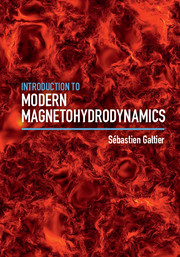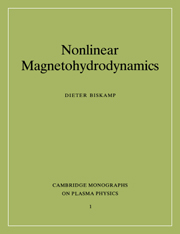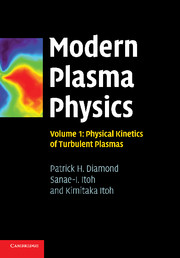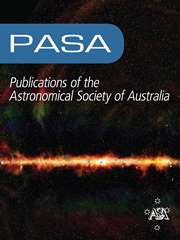Introduction to Modern Magnetohydrodynamics
Ninety-nine percent of ordinary matter in the Universe is in the form of ionized fluids, or plasmas. The study of the magnetic properties of such electrically conducting fluids, magnetohydrodynamics (MHD), has become a central theory in astrophysics, as well as in areas such as engineering and geophysics. This textbook offers a comprehensive introduction to MHD and its recent applications, in nature and in laboratory plasmas; from the machinery of the Sun and galaxies, to the cooling of nuclear reactors and the geodynamo. It exposes advanced undergraduate and graduate students to both classical and modern concepts, making them aware of current research and the ever-widening scope of MHD. Rigorous derivations within the text, supplemented by over 100 illustrations and followed by exercises and worked solutions at the end of each chapter, provide an engaging and practical introduction to the subject and an accessible route into this wide-ranging field.
- Addresses a broad range of applications across the subject areas of astrophysics, geophysics and engineering
- Includes cutting-edge advances on turbulence and the Hall effect in the theory of MHD, providing an up-to-date scope of the field
- Rigorous derivations provide a firm mathematical grounding in the subject, with exercises and worked solutions for the reader to engage with
- Over 100 illustrations give additional explanation and context to this introductory text
Reviews & endorsements
'With an appealing combination of background material and carefully selected mathematics, Galtier succeeds in presenting the flavor of each topic. His approach manages to whet readers’ appetites without overwhelming them with lengthy derivations or excessive technicalities. The manageable level of detail and the modest length of the book make it suitable as an accompaniment to a graduate lecture course, which is indeed how the text originated. Particularly noteworthy is the inclusion of material on the Hall effect, which reflects a growing interest in that phenomenon in the context of MHD … Galtier’s attractive and concise volume joins several excellent modern introductory textbooks with somewhat different styles and emphases. … I would recommend Introduction to Modern Magnetohydrodynamics to students - especially graduate students - learning the basics of this exciting field.' Gordon Ogilvie, Physics Today
Product details
December 2016Hardback
9781107158658
288 pages
252 × 179 × 16 mm
0.71kg
92 b/w illus. 15 colour illus. 4 tables
Available
Table of Contents
- Preface
- Table of physical quantities
- Part I. Foundations:
- 1. Introduction
- 2. Magnetohydrodynamics
- 3. Conservation laws
- Part II. Fundamental Processes:
- 4. Magnetohydrodynamic waves
- 5. Dynamo
- 6. Discontinuities and shocks
- 7. Magnetic reconnection
- Part III. Instabilities and Magnetic Confinement:
- 8. Static equilibrium
- 9. Linear perturbation theory
- 10. Study of MHD instabilities
- Part IV. Turbulence:
- 11. Hydrodynamic turbulence
- 12. MHD turbulence
- 13. Advanced MHD turbulence
- Appendix 1. Solutions to the exercises
- Appendix 2. Formulary
- References
- Index.








